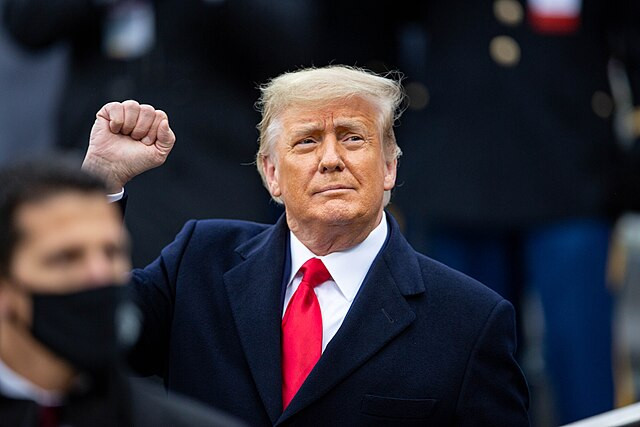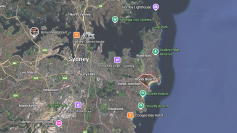Since Donald Trump's election win, a variety of Asian companies have seen significant stock price surges, including shipbuilders in South Korea, electronics manufacturers in India, steel suppliers in Australia, and industrial parks in Vietnam. According to Bloomberg's analysis on November 9, these sectors share a common trait: they stand to benefit from stricter global trade restrictions. Although such policies may strain supply chains, companies that can adapt quickly are positioned to capitalize on new opportunities.
Nirgunan Tiruchelvam, an analyst at Aletheia Capital in Singapore, noted that some emerging market investors are shifting away from the "top-down" Trump trade strategy, focusing instead on sector-specific opportunities to achieve alpha returns. This industry-focused investment approach is gaining traction.
In recent weeks, South Korean shipbuilding stocks have soared despite broader market weakness. Hanwha Ocean's stock rose by 30% over two days, with Hyundai Heavy Industries and Samsung Heavy Industries following suit with gains. This rally was sparked by a phone call between Trump and South Korean President Yoon Suk-yeol, where Trump expressed his desire to strengthen cooperation with South Korea. This statement significantly boosted market confidence in the South Korean shipbuilding sector, with investors anticipating that the industry will benefit from warmer U.S.-South Korea ties.
In Australia, the steel company BlueScope Steel, listed in Sydney, saw its stock follow the trend of U.S. steel stocks, climbing more than 5% for two consecutive days. Nearly half of the company's revenue comes from North America, primarily from its Ohio-based subsidiary, North Star. The company stands to gain from potential tariff policies, even though these may pose challenges to the Australian economy.
In India, electronics manufacturers such as Dixon Technologies and Kaynes Technology saw stock price increases of over 8.5% this week, with local investors reacting positively to Trump's victory.
Charu Chanana, chief investment strategist at Saxo Markets, warned that concerns over tariffs and fiscal risks have resurfaced as the market reacts to the evolving political climate.






